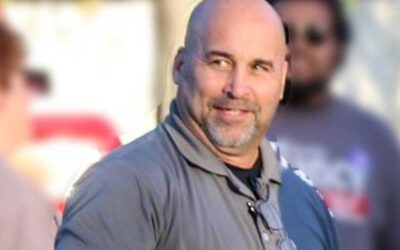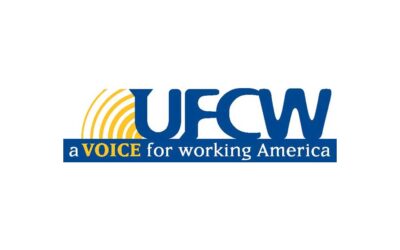How Stacey Shaw managed to avoid detection isn’t certain. But it is fair to say that the union whose interests she allegedly represented isn’t happy. On April 16, Shaw, former president of International Brotherhood of Electrical Workers Local 712 Federal Credit Union, pleaded guilty in Pittsburgh federal court to one charge each of embezzlement and tax evasion in connection with her theft of more than $2 million from the Western Pennsylvania institution over a nearly three-year period. She had made numerous unauthorized charges and cash advances for her personal use. As a result of her actions, the credit union went out of business. If indirectly, union members will be paying the tab. Shaw had been charged in three-count information on March 15 following a joint investigation by the FBI and the IRS. Sentencing is scheduled for August 10.
Credit unions, like banks, offer a wide range of financial services that include mortgage loans, car loans, checking accounts, and savings accounts. Unlike banks, however, they are member-owned nonprofit cooperatives. Members elect a board of directors. Membership eligibility corresponds to some feature of geography, workplace, occupation, or voluntary association. There are more than 5,000 federally-chartered credit unions across the country accounting for more than $1.8 trillion in assets under management. These entities are insured and regulated by an independent federal agency, National Credit Union Administration (NCUA). Like banking’s equivalent, Federal Deposit Insurance Corporation, the Alexandria, Va.-based NCUA is charged with the task of compensating members of a collapsed institution. Last May, NCUA had to liquidate around $7.6 million in assets of the Beaver, Pa.-based International Brotherhood of Electrical Workers Local 712 Federal Credit Union. Chartered in 1964, the roughly 3,000-member cooperative, also based in Beaver, served the union’s members and relatives. A year ago, it collapsed and was taken over by a nearby credit union. The main reason for this debacle was Stacey Shaw.
Shaw, now 47, a resident of nearby Industry, Pa., assumed her responsibilities as president and CEO of the credit union at the start of 2017. It didn’t take long for her to help herself to the assets. According to prosecutors, Shaw during May 2017-March 2020 embezzled $2,099,437. She opened six Local 712-sponsored credit card accounts in her name without securing the necessary approval of the board of directors. Over the course of nearly three years, she fraudulently raised the credit limits on those cards 138 times in order to make personal purchases and take out cash advances. Court documents did not indicate how Shaw concealed her thefts, spent the stolen money, or got caught. In addition, she hid the illicit income from the IRS, triggering a combined back tax bill of $519,394 for the years 2018 and 2019, plus interest. Federal prosecutors charged her this March with one count of embezzlement and two counts of willful failure to file tax returns. As part of the plea bargain, the feds dropped one of the tax charges. She faces a prison sentence of up to 31 years, a fine of $1.1 million, or both. In the meantime, she’s free on a $50,000 bond.
The credit union, regrettably, didn’t survive the experience. In March 2020, it posted a $2.3 million loss for the previous year and declared itself insolvent. As Ms. Shaw’s nearly $2.1 million in embezzlement accounted for nearly all of that figure, it is fair to say that she drove the institution into bankruptcy. At least NCUA quickly found a buyer for its assets, member shares, and loans in the form of West Penn P&P Federal Credit Union, also based in Beaver. West Penn P&P at the time of the takeover had around 2,150 members and $14.8 million in assets. IBEW Local 712 FCU account holders will be protected, but they probably will pay a price in the form of higher service fees and/or lost earnings.
The details of how Stacey Shaw got away with stealing more than $2 million from the financial institution that she headed may never be fully known. Her lawyer, Samir Sarna, isn’t talking. But its members, many of whom are construction workers at a Royal Dutch Shell petrochemical conversion plant in Beaver County slated for completion next year, probably would like to know those details. Labor unions offer a wide range of benefits such as health insurance, retirement contributions and job training. Financial services ideally are an advantage of membership. But the union has fiduciary duties to the beneficiaries. For whatever reason, the union-affiliated board members were unable to monitor the performance of Ms. Shaw. It was NCUA that discovered the financial shortfalls. Hopefully, labor unions will be more attentive to the practices of the people who manage credit unions.








